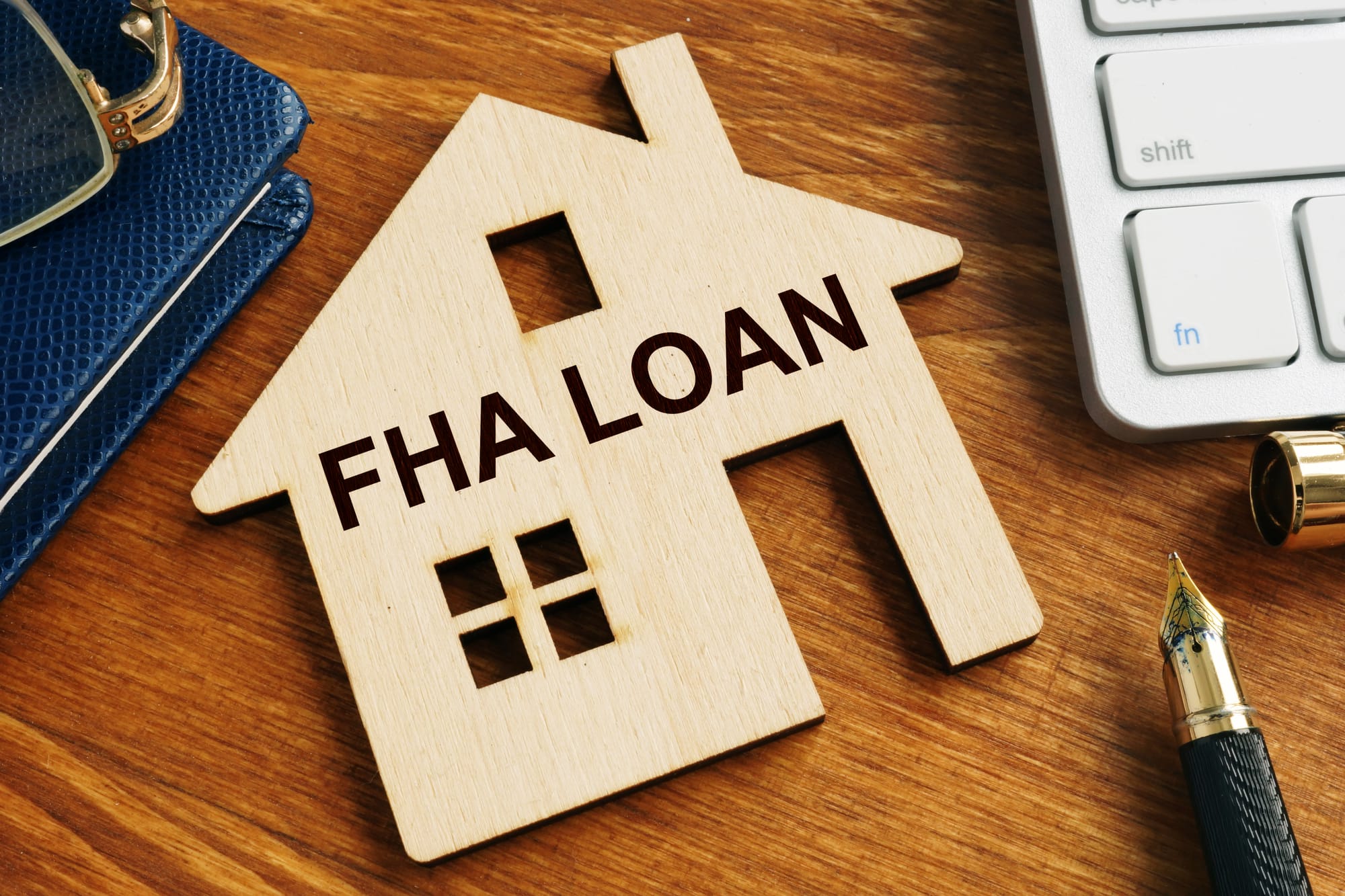FHA Loan

An FHA loan is a mortgage insured by the Federal Housing Administration (FHA) designed to help low-to-moderate-income borrowers who may not qualify for conventional loans.
Benefits:
- Lower Down Payment: Borrowers can qualify with a down payment as low as 3.5% of the purchase price if their credit score is 580 or higher.
- Lenient Credit Requirements: FHA loans are accessible to borrowers with less-than-perfect credit. A credit score of 580 or above is generally required for the low down payment option, while those with scores between 500-579 may still qualify with a 10% down payment.
- Lower Closing Costs: FHA loans often have lower closing costs compared to conventional loans. The FHA allows sellers, builders, or lenders to cover some of the borrower’s closing costs.
- Assumable Loans: FHA loans can be assumed by a new buyer, meaning that if the property is sold, the buyer can take over the seller’s FHA loan instead of taking out a new mortgage.
Requirements:
- Credit Score:
- Minimum credit score of 580 for a 3.5% down payment.
- Minimum credit score of 500-579 for a 10% down payment.
- Debt-to-Income Ratio (DTI):
- This is the percentage of your gross monthly income that goes toward housing costs, including mortgage payments, property taxes, homeowners insurance, and HOA fees if applicable. For FHA loans, the front-end DTI ratio generally should not exceed 31%.
- This is the percentage of your gross monthly income that goes toward all of your debt obligations, including your mortgage, credit card payments, car loans, student loans, and other debts. The back-end DTI ratio generally should not exceed 43%. However, in certain cases, FHA allows the DTI ratio to go up to 55%, especially if there are compensating factors like a higher credit score or significant cash reserves.
- Income and Employment Requirements:
- Borrowers must demonstrate stable employment for at least the past two years.
- Borrowers must demonstrate stable employment for at least the past two years.
- Mortgage Insurance:
- FHA loans require both an upfront mortgage insurance premium (UFMIP) and an annual mortgage insurance premium (MIP), which is paid monthly.
- The upfront mortgage insurance premium is typically 1.75% of the loan amount and can be financed into the loan.
- Primary Residence:
- FHA loans are only available for primary residences. Borrowers must intend to occupy the property as their primary home.
- Flexible Down Payment Options: all or part of the down payment and closing costs can be gifted by a relative, friend, or charitable organization, making it easier for borrowers to afford the purchase.
- Property Standards:
- The home must meet certain minimum property standards set by the FHA, ensuring it is safe, sound, and secure.
- Refinance and Purchase Options: FHA loans can be used for both purchasing a home and refinancing an existing mortgage. FHA refinancing options include the FHA Streamline Refinance, which is a simplified refinancing process for borrowers with existing FHA loans.